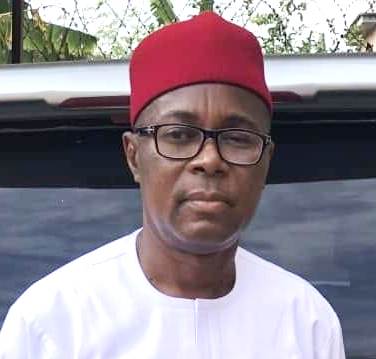
From the Apapa- Tin Can port experience, we have come to understand that multi modal transportation system is the solution. Right now, going into Ajah is a hellish experience. There have been so much concerns about the Lekki Deep Seaport. If it is a deep sea port it means that most of the vessels come in there will be of large sizes. So they have to put in every efforts to avoid the Apapa experience. However, rail transportation is very key. I cannot say they have done much in that direction. When they start now, they will see the problems coming up. They should not allow what happened in Apapa port repeat itself.
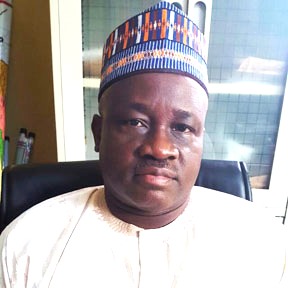
For me, it is a good development because ordinarily it will reduce the burden of cargoes from Apapa. We also hope that the factors that led to the crisis in Apapa in terms of traffic congestion will be addressed through the provision of necessary infrastructure. It is my expectation that transit parks should be put in place. Truck holding bays should be on ground to accommodate trucks. Again in the plan, there should be provision for the expansion of infrastructure to accommodate the cargo throughput. The problem we have in Apapa and Tin can is that the road that was constructed over 20 years ago are still the roads that are being used despite an expansion in cargo throughput. It is my expectation that those factors should be taken into place in the course of planning.
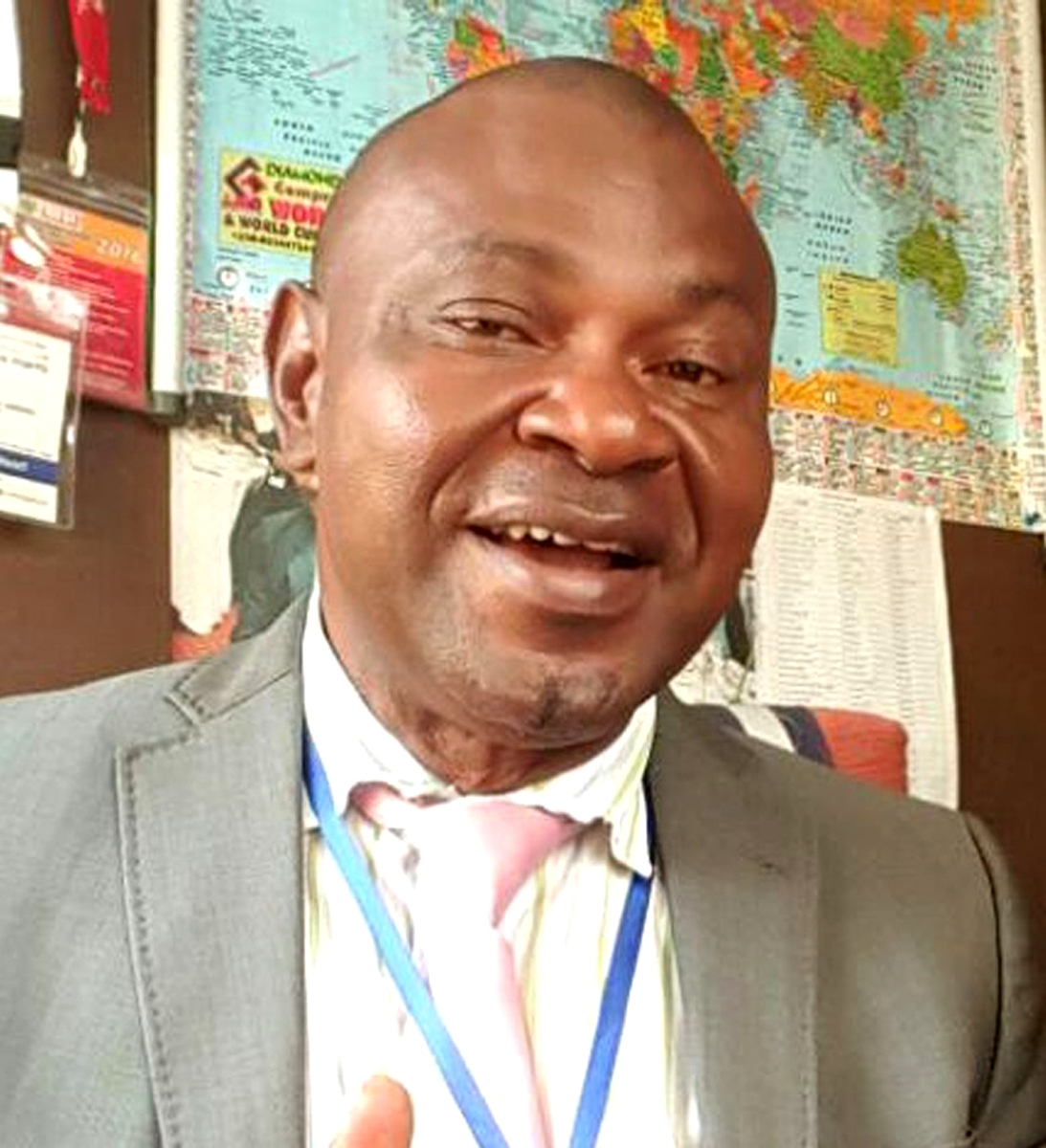
I don’t know if they have actually started commercial operations. This is because I read that they would start commercial operations, but I equally read from somewhere that Customs said they are not ready and Customs actually owns the port. If the owners of the port say they are not ready for operation, I don’t know how they can start without them. However, we expect that with the Lekki Deep sea port, there is going to be a little relief from the Apapa and Tin Can axis. The traffic gridlock towards Lekki is to be expected because the trucks that will evacuate the goods will have to ply that axis. For now, we are yet to get the exact definition of the Lekki Deep Sea port whether it is going to be serving Lekki Free Trade Zone only. If that is the case, the influx of trucks will be restricted. But then we cannot know the operations and the challenges that will come unless we start and as the time goes, the teething problems will be resolved. We are expecting a shift from Apapa axis towards Lekki.
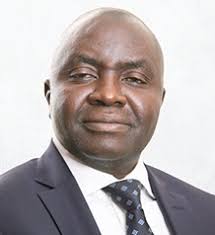
The traffic along that axis is very bad. I think there are some planning issues which are creating a whole lot of problems particularly traffic. Now we have this very high concentration of economic activities along that axis looking at the number of industries developing in the Free Trade Zone and Dangote Refinery and now this Deep Sea Port. If steps are not taken to immediately anticipate and make adequate provision, then that place will be a complete lockdown in terms of traffic.
I am aware of plans to construct some roads along that axis. This is in the interest of the businesses and residents along that corridor that something is done urgently to pre-empt any complete lockdown in terms of traffic along that axis. It is bad enough that we don’t even have a rail system. Ideally that corridor should have a rail linking Lekki with access to Victoria Island. No rail or BRT lane and we have one of the worst traffic problems in that axis.

First, the roads there need to be fit for free flow of traffic. We need to have about six lanes of trucks, so that special lanes can be dedicated to trucks loading imports or delivering exports at the Lekki port. We also need to have truck marshaling yards in Lekki where trucks from every part of the country coming to do business will assemble before they are called, instead of parking on the road as we were experiencing in Apapa before Eto e-call up came on board. There is also a need to address the issue of extortion by street urchins before they migrate to Lekki port access road to constitute traffic nuisance under the guise of extorting truckers. There is need for security and constant patrol by security agents to make sure hoodlums and container burglars will not lay ambush for trucks coming in or going out of the port.

The Lekki Deep Sea Port is a new development in the maritime industry in terms of the operational procedures. It is more or less a ‘foreign seaport’ in the sense that the seaport is concessioned to a foreign company. We are made to believe that 90 or 95 percent of the funding was done by the Chinese firms and they are the people in control for the next 25 years. What that means is that the operational cost in terms of import and export clearance of cargo and business will be high. However, the kind of corruption we witness in the existing ports may not be seen there at least not up to the magnitude of what is in other ports. The challenge now is the issue of financial cost of doing business.
Also, the transport modalities either inter-modal or multi-modal will pose some challenges because I am not sure now that the rail lines have been perfected there to do in and outbound services. The haulage system may face some challenges too. But I am hopeful that Lekki Deep Port will be a model just like PTML/Grimaldi Terminal.
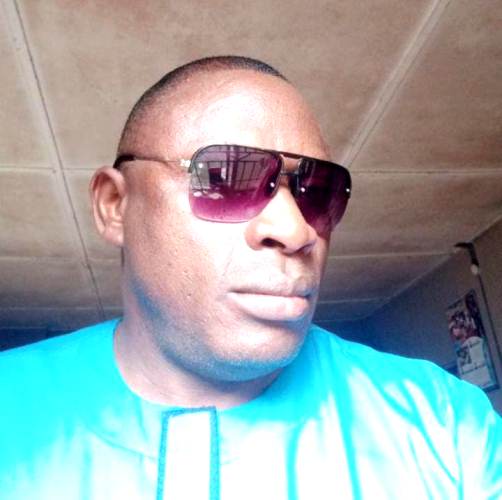
By now, I think they must have enough facilities to take-off. They may perform well, but the problem is Customs. Regardless of whatever they have on ground, it is still the Customs that will implement the policies. Government policies have never been favourable or encouraging to importers and freight forwarders. The only thing I can see is that the Lekki Deep Seaport is likely to decongest the port compared to the traffic we are having in Apapa and Tin Can. But if we are talking of trade facilitation, we would still face the same ball game.
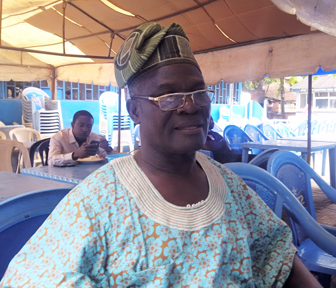
I must say the project is a welcome development, because it will help to create employment. What has been my fear is the road network to the facility. Alternative routes should be created so that it will not be only one road. Government should plan how to create another road network entirely leading to other areas, so that they don’t rely only on that Lekki-Epe expressway.
Follow us on Facebook/ twitter















